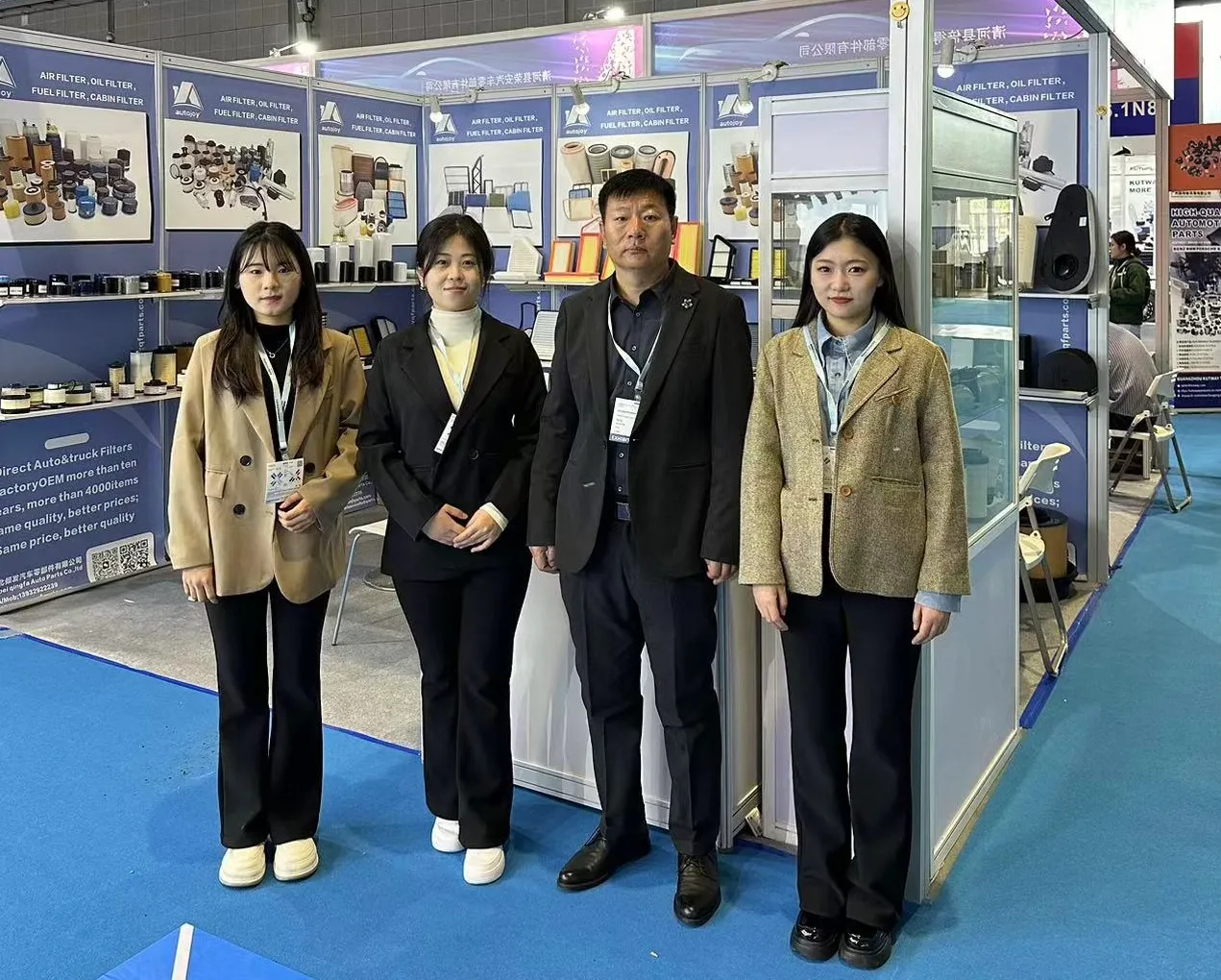
-
 Afrikaans
Afrikaans -
 Albanian
Albanian -
 Amharic
Amharic -
 Arabic
Arabic -
 Armenian
Armenian -
 Azerbaijani
Azerbaijani -
 Basque
Basque -
 Belarusian
Belarusian -
 Bengali
Bengali -
 Bosnian
Bosnian -
 Bulgarian
Bulgarian -
 Catalan
Catalan -
 Cebuano
Cebuano -
 Corsican
Corsican -
 Croatian
Croatian -
 Czech
Czech -
 Danish
Danish -
 Dutch
Dutch -
 English
English -
 Esperanto
Esperanto -
 Estonian
Estonian -
 Finnish
Finnish -
 French
French -
 Frisian
Frisian -
 Galician
Galician -
 Georgian
Georgian -
 German
German -
 Greek
Greek -
 Gujarati
Gujarati -
 Haitian Creole
Haitian Creole -
 hausa
hausa -
 hawaiian
hawaiian -
 Hebrew
Hebrew -
 Hindi
Hindi -
 Miao
Miao -
 Hungarian
Hungarian -
 Icelandic
Icelandic -
 igbo
igbo -
 Indonesian
Indonesian -
 irish
irish -
 Italian
Italian -
 Japanese
Japanese -
 Javanese
Javanese -
 Kannada
Kannada -
 kazakh
kazakh -
 Khmer
Khmer -
 Rwandese
Rwandese -
 Korean
Korean -
 Kurdish
Kurdish -
 Kyrgyz
Kyrgyz -
 Lao
Lao -
 Latin
Latin -
 Latvian
Latvian -
 Lithuanian
Lithuanian -
 Luxembourgish
Luxembourgish -
 Macedonian
Macedonian -
 Malgashi
Malgashi -
 Malay
Malay -
 Malayalam
Malayalam -
 Maltese
Maltese -
 Maori
Maori -
 Marathi
Marathi -
 Mongolian
Mongolian -
 Myanmar
Myanmar -
 Nepali
Nepali -
 Norwegian
Norwegian -
 Norwegian
Norwegian -
 Occitan
Occitan -
 Pashto
Pashto -
 Persian
Persian -
 Polish
Polish -
 Portuguese
Portuguese -
 Punjabi
Punjabi -
 Romanian
Romanian -
 Russian
Russian -
 Samoan
Samoan -
 Scottish Gaelic
Scottish Gaelic -
 Serbian
Serbian -
 Sesotho
Sesotho -
 Shona
Shona -
 Sindhi
Sindhi -
 Sinhala
Sinhala -
 Slovak
Slovak -
 Slovenian
Slovenian -
 Somali
Somali -
 Spanish
Spanish -
 Sundanese
Sundanese -
 Swahili
Swahili -
 Swedish
Swedish -
 Tagalog
Tagalog -
 Tajik
Tajik -
 Tamil
Tamil -
 Tatar
Tatar -
 Telugu
Telugu -
 Thai
Thai -
 Turkish
Turkish -
 Turkmen
Turkmen -
 Ukrainian
Ukrainian -
 Urdu
Urdu -
 Uighur
Uighur -
 Uzbek
Uzbek -
 Vietnamese
Vietnamese -
 Welsh
Welsh -
 Bantu
Bantu -
 Yiddish
Yiddish -
 Yoruba
Yoruba -
 Zulu
Zulu
car control arm suppliers
Understanding Control Arm Suppliers in the Automotive Industry
In the automotive industry, control arms are essential components that play a significant role in a vehicle's suspension system. Acting as a link between the wheel assembly and the car's frame, control arms are pivotal in ensuring a smooth ride and effective handling. As the demand for high-quality automotive parts continues to rise, the role of control arm suppliers has become increasingly vital. This article explores the importance of control arm suppliers, their market dynamics, and the factors influencing their operations.
Understanding Control Arm Suppliers in the Automotive Industry
Many control arm suppliers leverage advanced manufacturing techniques and materials to enhance the performance of their products. Innovations in technology, such as the use of high-strength steel, aluminum alloys, and composite materials, have led to lighter and more resilient control arms. This focus on quality and innovation is key in a competitive market where automotive manufacturers are continually striving to improve vehicle efficiency and safety ratings.
car control arm suppliers

The global market for control arm suppliers is influenced by various factors, including the growth of the automotive sector, increasing consumer demand for fuel-efficient vehicles, and a rising emphasis on vehicle safety standards. As electric and autonomous vehicles take center stage, control arm suppliers must also adapt to new design paradigms and technological requirements. This evolution presents both challenges and opportunities, necessitating that suppliers invest in research and development to keep pace with industry changes.
Moreover, supply chain dynamics play a significant role in the operations of control arm suppliers. The COVID-19 pandemic revealed the vulnerabilities in global supply chains, pushing suppliers to rethink their sourcing strategies. Building resilience through diversification of suppliers and local sourcing has become a priority for many, allowing for greater flexibility and responsiveness to market demands.
In conclusion, control arm suppliers are integral to the automotive industry, providing critical components that enhance vehicle performance, safety, and longevity. As technological advancements and market demands evolve, these suppliers must remain agile and innovative. Their ability to navigate challenges in manufacturing, supply chain logistics, and changing automotive trends will determine their success in this dynamic landscape. As the industry continues to grow, the relationship between automotive manufacturers and control arm suppliers will become increasingly crucial in shaping the future of transportation.
-

 Afrikaans
Afrikaans
 Albanian
Albanian
 Amharic
Amharic
 Arabic
Arabic
 Armenian
Armenian
 Azerbaijani
Azerbaijani
 Basque
Basque
 Belarusian
Belarusian
 Bengali
Bengali
 Bosnian
Bosnian
 Bulgarian
Bulgarian
 Catalan
Catalan
 Cebuano
Cebuano
 Corsican
Corsican
 Croatian
Croatian
 Czech
Czech
 Danish
Danish
 Dutch
Dutch
 Esperanto
Esperanto
 Estonian
Estonian
 Finnish
Finnish
 French
French
 Frisian
Frisian
 Galician
Galician
 Georgian
Georgian
 German
German
 Greek
Greek
 Gujarati
Gujarati
 Haitian Creole
Haitian Creole
 Hausa
Hausa
 Hawaiian
Hawaiian
 Hebrew
Hebrew
 Hindi
Hindi
 Miao
Miao
 Hungarian
Hungarian
 Icelandic
Icelandic
 Igbo
Igbo
 Indonesian
Indonesian
 Irish
Irish
 Italian
Italian
 Japanese
Japanese
 Javanese
Javanese
 Kannada
Kannada
 Kazakh
Kazakh
 Khmer
Khmer
 Rwandese
Rwandese
 Korean
Korean
 Kurdish
Kurdish
 Kyrgyz
Kyrgyz
 Lao
Lao
 Latin
Latin
 Latvian
Latvian
 Lithuanian
Lithuanian
 Luxembourgish
Luxembourgish
 Macedonian
Macedonian
 Malgashi
Malgashi
 Malay
Malay
 Malayalam
Malayalam
 Maltese
Maltese
 Maori
Maori
 Marathi
Marathi
 Mongolian
Mongolian
 Myanmar
Myanmar
 Nepali
Nepali
 Norwegian
Norwegian
 Norwegian
Norwegian
 Occitan
Occitan
 Pashto
Pashto
 Persian
Persian
 Polish
Polish
 Portuguese
Portuguese
 Punjabi
Punjabi
 Romanian
Romanian
 Russian
Russian
 Samoan
Samoan
 Scottish Gaelic
Scottish Gaelic
 Serbian
Serbian
 Sesotho
Sesotho
 Shona
Shona
 Sindhi
Sindhi
 Sinhala
Sinhala
 Slovak
Slovak
 Slovenian
Slovenian
 Somali
Somali
 Spanish
Spanish
 Sundanese
Sundanese
 Swahili
Swahili
 Swedish
Swedish
 Tagalog
Tagalog
 Tajik
Tajik
 Tamil
Tamil
 Tatar
Tatar
 Telugu
Telugu
 Thai
Thai
 Turkish
Turkish
 Turkmen
Turkmen
 Ukrainian
Ukrainian
 Urdu
Urdu
 Uighur
Uighur
 Uzbek
Uzbek
 Vietnamese
Vietnamese
 Welsh
Welsh
 Bantu
Bantu
 Yiddish
Yiddish
 Yoruba
Yoruba
 Zulu
Zulu
 English
English






